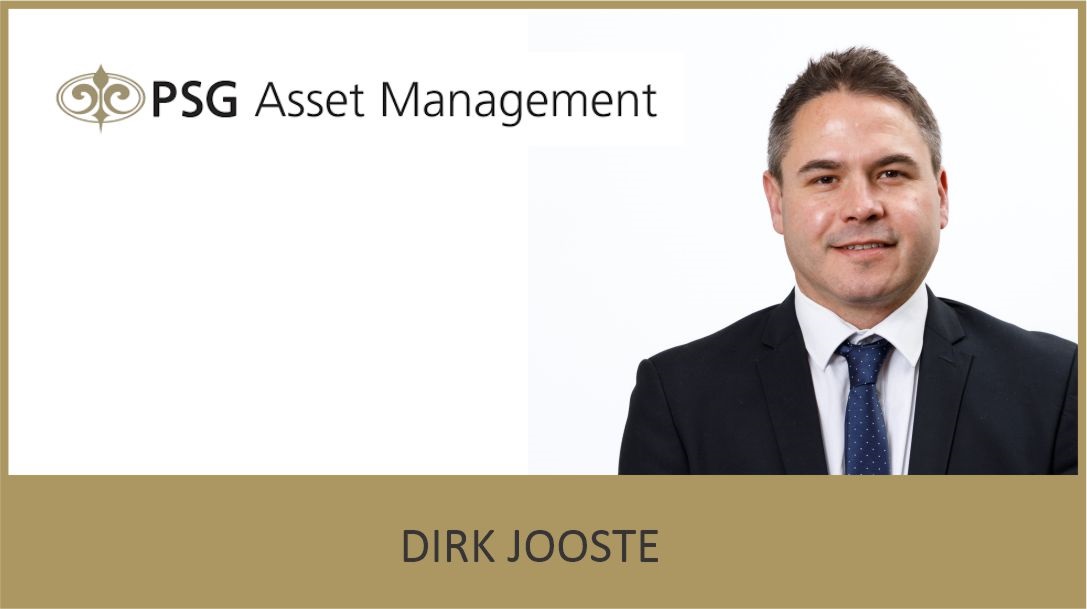Uma Vijayan, a Portfolio Manager, Vicki Tagg, Head of Indexation, and Kathy Davey, Global Equity Portfolio Manager, at Ashburton Investments
Anecdotally, the subjects of patriarchy, populism and politics seem to be making a comeback globally – potentially impacting the world of investing and introducing dynamics that can harm the integrity of the industry. Both business and industry have a role to ensure guardrails are in place to protect investors from the psychological phenomenon of ‘groupthink’.
Understanding the impact of groupthink
Groupthink is a mode of thinking in which individual members of small cohesive groups tend to accept a viewpoint or conclusion that represents a perceived group consensus, whether or not the group members believe it to be valid, correct, or optimal. (Source: Encyclopedia Brittanica.) Groupthink reduces the efficiency of collective problem-solving within such groups. The Oxford Dictionary, in turn, classifies groupthink as the practice of thinking or making decisions as a group, resulting typically in unchallenged, poor-quality decision-making.
Research indicates that gender and other diversity in investment teams is especially helpful to overcome cognitive biases such as the “overconfidence bias”, to counter the risk of groupthink, and to improve overall investment decision-making and performance.
We interviewed a panel of top female investment experts at Ashburton Investments on this phenomenon.
“I think this is the reality we are living in, but, it doesn’t mean we have to conform to it. The investment industry already struggles with representation, with only 11% of senior roles being held by women as per McKinsey’s and the Lean In Foundation’s seminal 2020 ‘Women in the Workplace’ report and other subsequent reports with similar statistics,” says Uma Vijayan, a Portfolio Manager in the Ashburton Fixed Income team.
Cautionary tales of biases causing harm
“Over the past three decades, I’ve witnessed several cognitive biases come up in the investment industry repeatedly, perhaps most notably overconfidence bias and confirmation bias,” says Vicki Tagg, Head of Indexation at Ashburton Investments.
“Early in my career, I worked largely in homogenous teams, from similar educational and cultural backgrounds. These teams were certainly sharp and capable, but there was a tendency to reinforce each other’s views continuously, to hire people of similar backgrounds, and to work with clients and investment partners that were also similar. It created an environment where decisions were made with a lot of certainty, but not enough challenge or reflection. The views, in my opinion, were not necessarily matched by objectivity or simplicity,” says Tagg.
Setting up guardrails against groupthink for the investment industry
“If we want to protect the integrity of the industry and build a forward-thinking investment management ecosystem, guardrails need to be put in place to ensure we stay grounded in principles that always mattered: independent thinking, strong institutions, and diverse teams,” says Vijayan.
“This also means safeguarding the independence of regulatory bodies, strengthening internal governance structures, and continuing to support diversity – not as a buzzword or a checklist item but as a driver for long-term sustainable outcomes. Also, when building organisations that affect others, the foundation should be client focused, with an openness to multiple perspectives, and a willingness to engage with complexity instead of oversimplification. Not having diversity is like living in an echo chamber. It feels comfortable, but it limits insight, weakens decision-making, and increases risk.”
Kathy Davey, Global Equity Portfolio Manager at Ashburton Investments, believes a room in which everyone thinks the same can lead to poor investment decisions – but being aware of this risk and countering it can have an opposite, positive effect. She explains: “Diversity brings different perspectives and experiences, creating a robust investment decision making process where different ideas and opinions can be appreciated and flourish. I believe this only seeks to enhance the investment decision-making process which has certainly been my experience.”
Vijayan concurs: “I believe embracing diversity can significantly enhance our ability to think broadly and serve clients effectively.”
The business benefit of asking better questions and communicating more openly
Looking back on her investment career, Tagg believes it is also beneficial to consider the diversity of an asset manager’s clients. “Considering the diverse nature of South Africa, I do think as an industry we should keep improving at explaining things in a way that is more accessible to a broader range of investors. If we get this right, we can build more accessible, sustainable investment businesses.”
Tagg concludes: “Diversity – whether gender, race, culture, or education – naturally introduces different perspectives, and encourages teams to ask better questions, challenge assumptions, and consider both risks and opportunities more thoughtfully. Ultimately, diversity makes us better – not just in how we invest, but in how we connect with clients and build long-term trust.”
ENDS

























































































